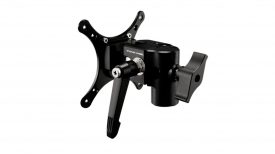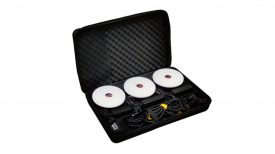The Australian Cinematographers Society along with other industry players has released a video that takes a look at HDR and specifically what it means for cinematographers and colorists on the front line of production.
The video is a fascinating and insightful look into the benefits of HDR. It also dispels some myths and talks about how to create both HDR and SDR versions of your project.
HDR is an attempt to create a new image framework for the 21st Century. For nearly 40 years productions have finished using the Rec 709 standard that was based on Cathode Ray tube display technology. Fast forward to 2022 and the 100nit brightness standard and limited color gamut of Rec 709 are woefully inadequate. The average TV brightness is moving towards 1000nit plus. With Mini LED and then Micro LED panels coming onto the market modern display capabilities will only continue to improve. Possibly the most exciting aspect of HDR is that it introduces Metadata that for the first time allows the content creators control over the way the final consumer’s device displays the image.
HDR production sets new standards such as Rec 2100 and ST 2084 that are way better in leveraging the abilities of modern displays. Streamers such as Netflix, Apple, Disney, etc have recognized this and have embraced and even mandated that their productions be finished in HDR.
The video attempts to define HDR and also explore its impact on cinematographers tasked with shooting an HDR project. To achieve these goals the ACS Technology Committee set up a test shoot with Toby Oliver ACS whose credits include Get Out and Day Shift to explore the workflow and the aesthetic implications. They also talked with colorists who are creating HDR content.
The ACS Technology Committee consists of:
• CHAIR: Tom Gleeson (NSW)
• Karl Jenner (NSW)
• Ben Allan ACS CSI (NSW)
• Carolyn Constantine ACS (NSW)
• Aleksei Vanamois (NSW)
• Sidat Desilva (NSW)
• Liz Vernon (NSW)
• Paweł Achtel ACS (NSW)




















